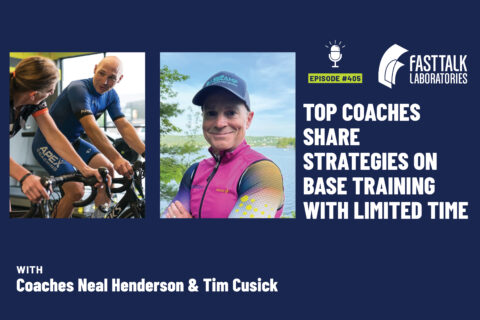
Top Coaches Share Strategies on Base Training with Limited Time
The truth about base training for time-crunched cyclists—what to cut, what to keep, and what actually moves the needle.
Coaching is hard! A good coach must manage challenging athletes, build a business, grow his or her knowledge, stay on top of new software—in many ways, being a cycling, triathlon, or running coach today is harder than ever before. At the same time, it’s easy to find advice online—though it’s hard to know how good that information is.
At Fast Talk Labs, you can be certain you’re getting beneficial advice from our in-house coaches, who have over 40 years of experience in personal coaching, group coaching, and online coaching.
Are you a coach? We offer coaching support services to help you develop your practice and get answers to technical questions. Apply to join our Coaching Support program.

The truth about base training for time-crunched cyclists—what to cut, what to keep, and what actually moves the needle.

The era of AI-augmented endurance coaching is here. New tools don’t just collect data—they intelligently interpret, adapt, and learn, helping data-driven coaches and athletes to refine their training.
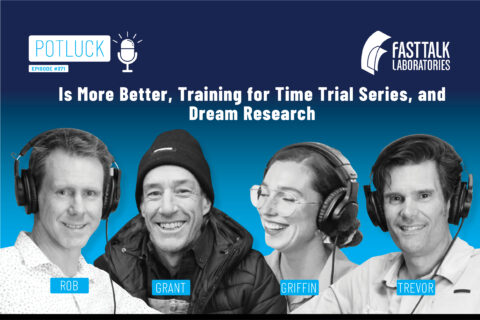
Our hosts talk about why we shouldn’t believe that more is always better, how to build a weekly time trial series into your training, and what research we’d like to see conducted.
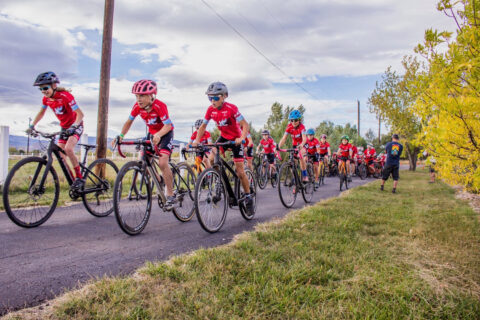
This course shows coaches how to develop strong parent partnerships, apply Long-Term Athlete Development (LTAD) principles, and coach young athletes with a long view in mind.
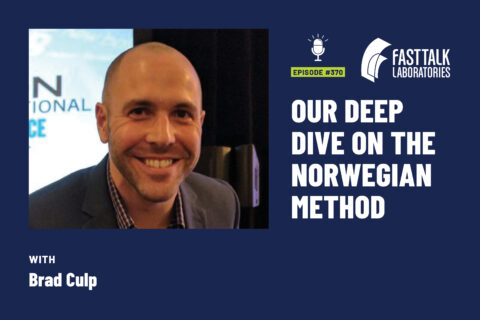
We talk with Brad Culp, author of “The Norwegian Method,” about the main tenets of the training philosophy, as well as who should and shouldn’t apply the method in their training.
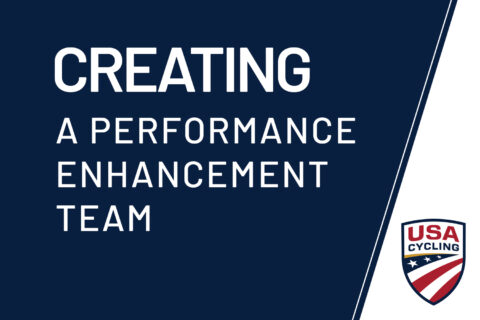
This course shows how to build a team of endurance sports service providers to support your athletes in cycling and triathlon.
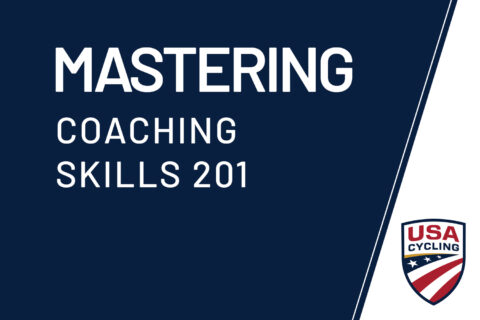
This course shows how to take your coaching expertise to the next level by developing your core coaching skills: communication, decision-making, emotional IQ.
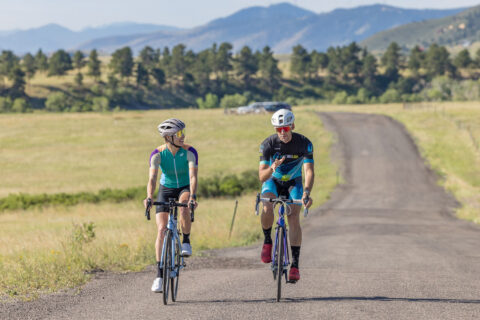
This course from USA Cycling and Fast Talk Labs shows coaches how to upgrade their communication skills for greater success.
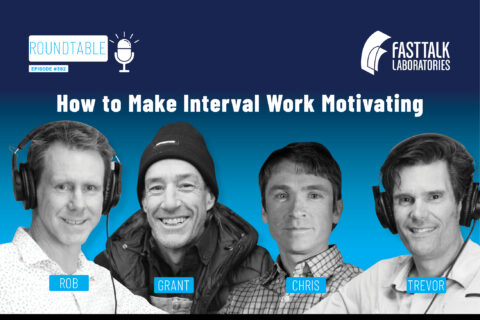
Our team of coaches got together and discussed why we do intervals, how to execute them, and most importantly, how to make them more fun.
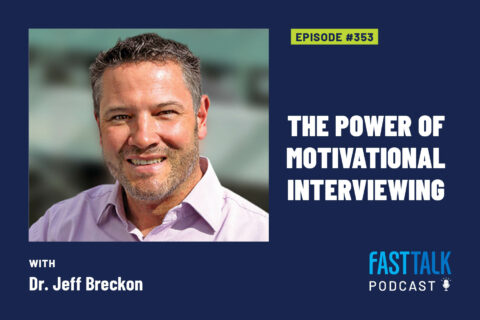
Dr. Jeff Breckon discusses motivational interviewing concepts and techniques to empower coaches to better effect change in their athletes.
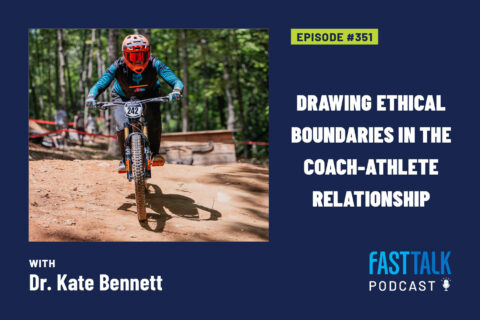
Dr. Kate Bennett discusses ethical boundaries, dual relationships, and power imbalances that both coaches and athletes should be aware of.
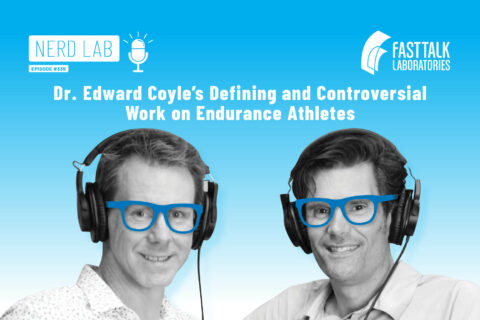
Dr. Edward Coyle was a pioneer in figuring out how endurance athletes adapt and defining what attributes—such as efficiency and fuel utilization—are most important to perform at the highest levels.
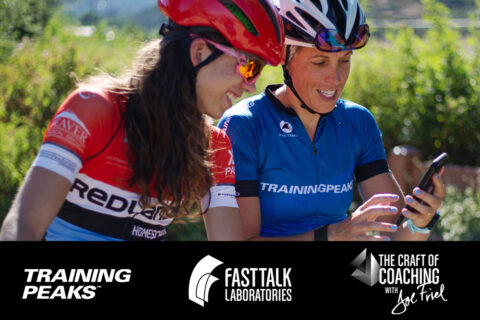
Two free courses show coaches how to start up and scale up their coaching businesses to profitability.
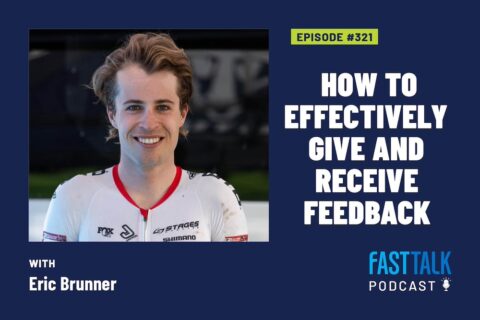
We talk with National Cyclocross Champion Eric Brunner about how to best give and receive feedback—not only in sports, but all aspects of life.

Understanding the roles you and your child’s coach have in their athletic development can foster a healthy relationship with sports and teach beneficial life skills to take into adulthood.
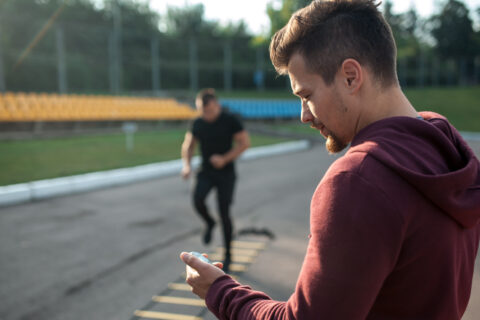
Over a century of training and racing, coaches and athletes have continually experimented with the balance of volume and intensity. Today’s best practices look to maximize both a high volume of training and a small but potent dose of high-intensity work.
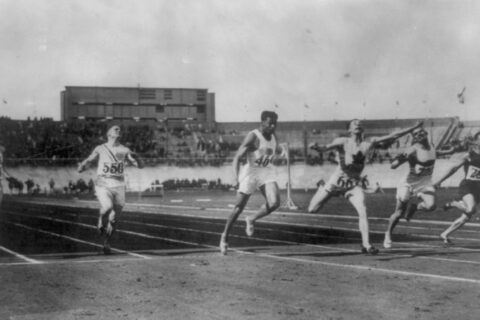
The timely combination of running facilities and stopwatches gave running a leg up on other endurance sports, inviting more structured training and innovation.
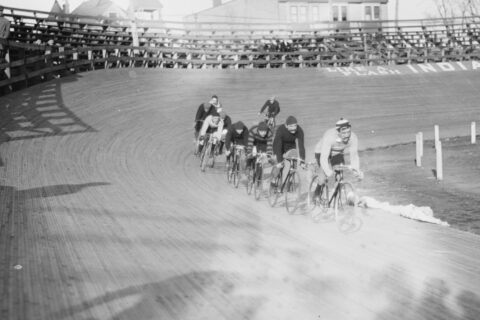
The early European cycling scene was convinced that more miles and more racing made champions. By the 1980s, a new generation of pros was redefining the goal and the roadmap to get there.